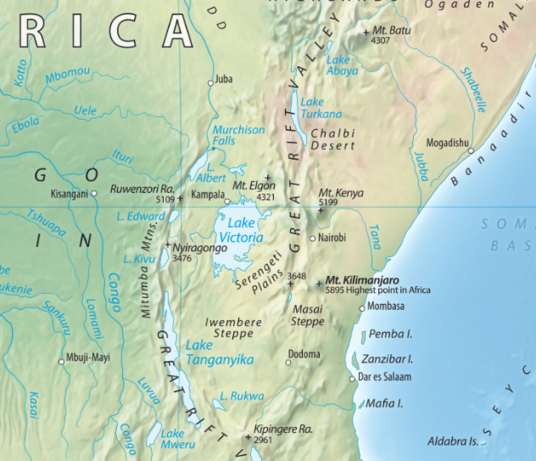
P129_Morocco
Assessing the Ecological Drivers for the Distribution of Argan forests in Morocco
Cooperating countries: Morocco and Austria
Coordinating institution: Cadi Ayyad University, Farid El Wahidi, f.elwahidi@uca.ac.ma
Partner institution: University of Natural and Applied Life Sciences (BOKU), Vienna
Project duration: 1 September 2024 - 31 August 2026
Budget: EUR 20.000
Abstract:
Drylands cover 42% of the earth's surface and are home to one-third of the world's population. Therefore, achieving sustainable development in these areas strongly contributes to the 2030 Agenda for Sustainable Development and address various targets among the 17 SDGs. About 10 to 20% of the world's arid regions experience one or more forms of degradation, affecting vegetation cover, plant communities, water conditions, and soil properties. This leads to a loss of ecosystem services and poses a serious threat for local communities. An archetype of dry woodlands are argan forests (Argania spinosa) in Morocco, which can be seen as an application case to better understand the importance of dry woodlands for carbon sequestration, avoiding desertification, sustainable agro-forest system for providing income and livelihood in a changing world.
The purpose of this project is to develop strategies, which help to establish conservation and restoration strategies for argan forests by conducting a comprehensive assessment of the ecosystem diversity. This assessment will result in specific needs for operational tools to clarify, prioritize alternative management methods and serves as guidelines for field operations. It relies on quantitative indicators to inform the state of forest stands and their ecological characteristics, and will allow for a tracking changes over space. The expected results are: (i) a detailed argan tree distribution map, (ii) meaningful segmentation of the argan tree range, (iii) atlas of endangered zone of argan woodlands and suited areas for reforestation, and (iv) guidelines for sustainable forest management practices.